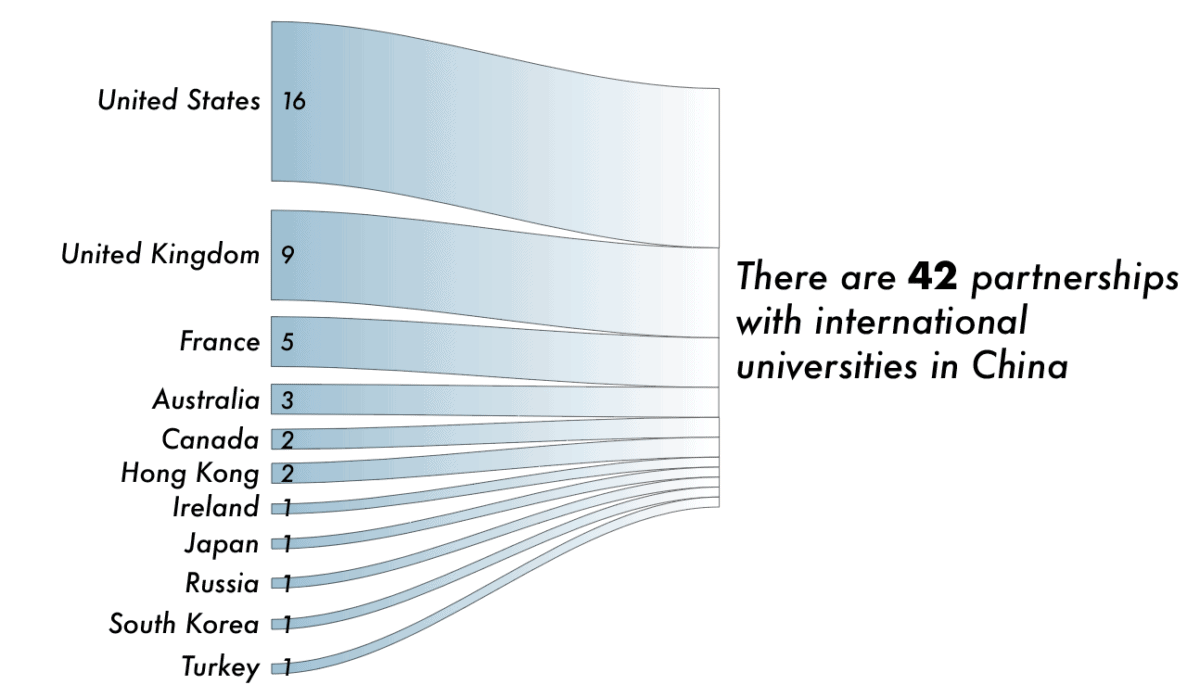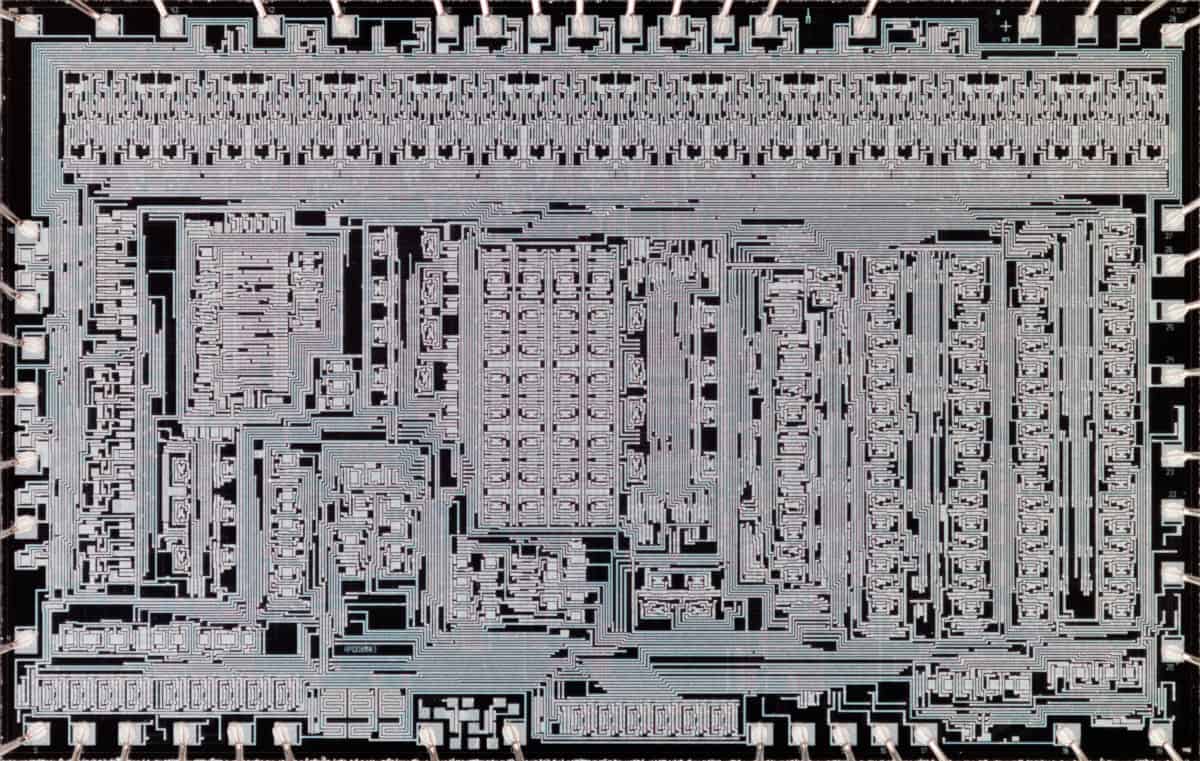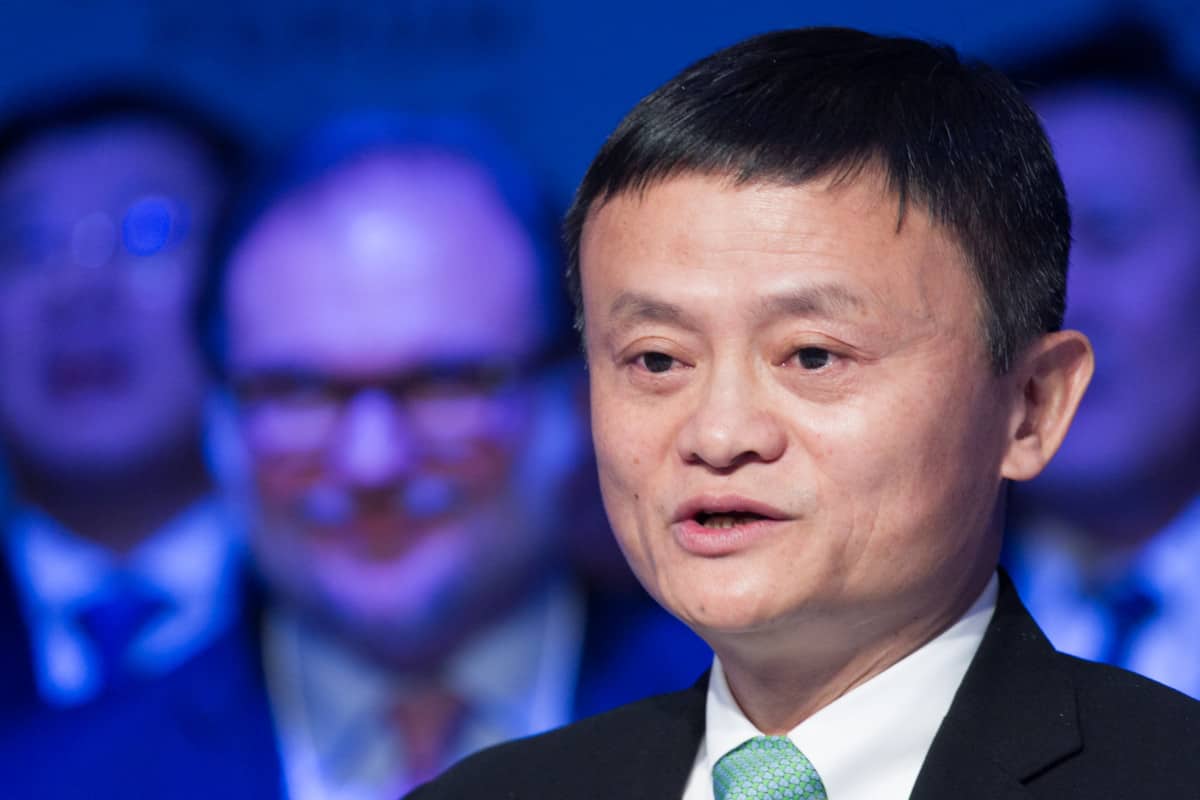Good evening. After a week dominated by U.S. political news, we’re here to deliver a much-needed step back. Our cover story this week will take you all the way to Myanmar with a fresh examination of China’s biggest foreign policy initiative — the BRI — and its challenges. We also talked with Niall Ferguson who, as a writer and historian of war and empire, has some provocative and useful observations about how the U.S.-China relationship got to where it is and where it’s going under a Biden administration. Elsewhere, we look at American universities with China joint ventures; the innovative moves the U.S. is making to stay ahead in the tech race; and the long march ahead for Ant Group.
If you’re not already a paid subscriber to The Wire, please sign up here.
Want this emailed directly to your inbox? Sign up to receive our free newsletter.

Credit: David Paul Morris
Broken Tooth’s BRI Bluff
Once upon a time, Wan Kuok-koi was one of Macau’s most notorious gangsters. Known as “Broken Tooth,” he was the ruthless and feared leader of 14K, a violent triad group, and spent nearly 15 years in prison for a host of crimes. Today, however, Wan has recast himself as an international businessman and Chinese patriot who travels across Asia developing a suite of companies investing in special economic zones, most of them claiming ties to the China’s Belt and Road Initiative, or BRI. But as Ankur Shah reports this week for The Wire, observers say his latest project, in Myanmar’s Karen State, raises serious red flags and could be toxic for China’s signature foreign policy initiative. Should Beijing be worried about its BRI brand?

The Big Picture: Studying Abroad
There is an ever-growing fear among some United States officials that Beijing’s influence is reaching into American universities. For U.S. schools with campuses in China, it’s a far less theoretical question. This week, The Wire explores American college and university joint ventures in China — from Juilliard School’s new campus in Tianjin to Duke University’s new 200-acre campus in the city of Kunshan.

Credit: oldTor, Creative Commons
In the Tech Race, What Is The U.S. Doing to Get Ahead?
Today, no contest between the U.S. and China appears more significant than the technological one, partly because the two countries see it as a competition between an authoritarian system and one that is liberal and democratic-minded. In a special primer this week, The Wire‘s Eli Binder explains what the U.S. government thinks about China’s position in high tech fields and how it is attempting to compete with China, including novel initiatives like the Defense Innovation Unit (a DoD project based in Silicon Valley) and In-Q-Tel (the CIA’s own venture capital firm).
A Q&A With Niall Ferguson

More than a decade ago, Niall Ferguson, the acclaimed writer, historian and filmmaker, coined the term ‘Chimerica’ to describe the unique links between the economies of the United States and China. More recently, he has been writing about the emergence of Cold War II, insisting it could be a healthy competition between the U.S. and China — if things don’t get out of hand. In this week’s interview with The Wire’s David Barboza, he talks about Donald Trump, Joe Biden, and the death of Chimerica.
Niall Ferguson
Illustration by Kate Copeland

Credit: Greg Beadle/World Economic Forum, Creative Commons
Ant Group’s Long March
The Chinese fintech conglomerate Ant Group, known for its digital payments and other online financial services, has just been stopped in its tracks, after Chinese regulators suspended its simultaneous public listing, originally scheduled for November 5, on the Hong Kong and Shanghai Stock Exchanges. Like U.S. and European regulators with respect to their own Big Tech companies, China’s authorities are concerned about Ant’s near-monopoly position in digital payments, as well as the unforeseen risks to financial stability and data privacy that it poses. But these concerns, Shang-Jin Wei argues in this week’s op-ed, must be weighed against the value that Ant and fintech innovations offer to society.
Subscribe today for unlimited access, starting at only $19 a month.



